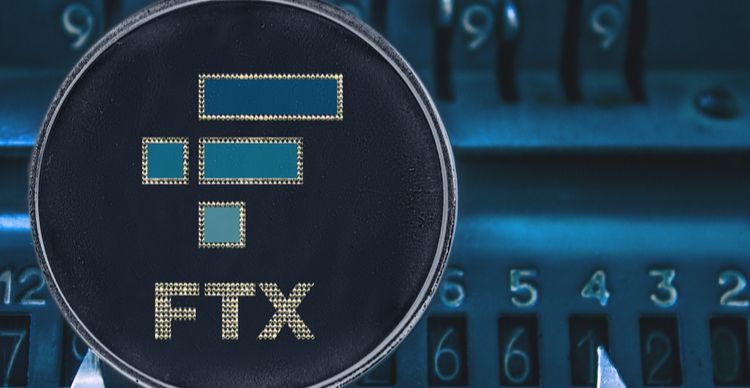您现在的位置是:AI chatbots could soon play a significant role in medicine >>正文
AI chatbots could soon play a significant role in medicine
上海品茶网 - 夜上海最新论坛社区 - 上海千花论坛22人已围观
简介By subscribing, you agree to our Terms of Use and Policies You may unsubscribe at any time.AI chatbo...
By subscribing, you agree to our Terms of Use and Policies You may unsubscribe at any time.
AI chatbots could soon assist healthcare professionals, according to a report by Scientific Americanpublished on Friday.

Systems such as OpenAI’s ChatGPT, the latest version of Microsoft’s search engine Bing and Google’s Med-PaLM are providing surprisingly accurate medical information much better than can be found from a mere Google search.
Some experts claim that within the year, a major medical center will enter into a collaboration that will see LLM chatbots interact with patients and diagnose disease.
Benjamin Tolchin, a neurologist and ethicist at Yale University, told Scientific Americanthat at least two patients have already told him they used ChatGPT to self-diagnose symptoms or to look up side effects of medication. “It’s very impressive, very encouraging in terms of future potential,” he said.
See AlsoBut not all is rosy. Chatbots have many issues, including an unclear accuracy of the information they give people, privacy concerns and racial and gender bias found in the text the algorithms draw from.
Not that chatbots are not already used in medicine. Simpler versions of the systems are employed by physicians to perform tasks such as scheduling appointments and providing people with general health information. “It’s a complicated space because it’s evolving so rapidly,” told Scientific AmericanNina Singh, a medical student at New York University who studies AI in medicine.
But more advanced LLM chatbots could see doctor-AI collaborations reach new heights. Epidemiologist Andrew Beam of Harvard University and his colleagues conducted a study with Open AI’s GPT-3 that found that the LLM’s top three potential diagnoses for several diseases included the correct one 88 percent of the time. In contrast, physicians achieved the same results 96 percent of the time.
“It’s crazy surprising to me that these autocomplete things can do the symptom checking so well out of the box,” Beam said.
Concerns abound
Despite these positive results, Beam did express concerns that LLM chatbots could be susceptible to misinformation as their algorithms rely on online text that could grant equal significance to, for example ,information from a recognized medical institution and a random thread on Facebook.
One solution is to require medically-inclined chatbots to link to the source of their information. Still, this remains complicated as LLM chatbots are good at inventing sources and making them look legitimate, reported Scientific American.
Regardless of these concerns, progress cannot be stopped and it is likely that chatbots will play a bigger role in medicine in the near future. When this does happen both patients and doctors will have to proceed with caution as medical mistakes could cost lives.
Tags:
转载:欢迎各位朋友分享到网络,但转载请说明文章出处“上海品茶网 - 夜上海最新论坛社区 - 上海千花论坛”。http://www.jz08.com.cn/news/36144.html
相关文章
Ethereum retests $4,000 as Bitcoin dumps 7% to $58,750
AI chatbots could soon play a significant role in medicineETH is seeing fresh sell-off pressure as Bitcoin crashes more than 7% to test prices below $59k.Ethe...
阅读更多
Market highlights February 15: Top Ten cryptos rise after the Super Bowl
AI chatbots could soon play a significant role in medicineThe top 10cryptoswere all in the green over the past 24 hours after several crypto companies feature...
阅读更多
Here’s why the Huobi Token price went parabolic and what next
AI chatbots could soon play a significant role in medicineHuobi Token price went parabolic on Friday after Bloomberg reported that the company’s founder...
阅读更多
热门文章
最新文章
The best tokens with the largest ecosystems that you can buy on March 1, 2022: SOL, NEAR and FTM
AVAX could reach the $100 soon
BarnBridge is surging today: here’s where to buy BarnBridge
These meme coins could deliver insane growth, is now the time to buy?
LUNA is outpacing Bitcoin in Gains: Is it a good time to buy?
Web3 wallet provider Slope linked to Solana attack